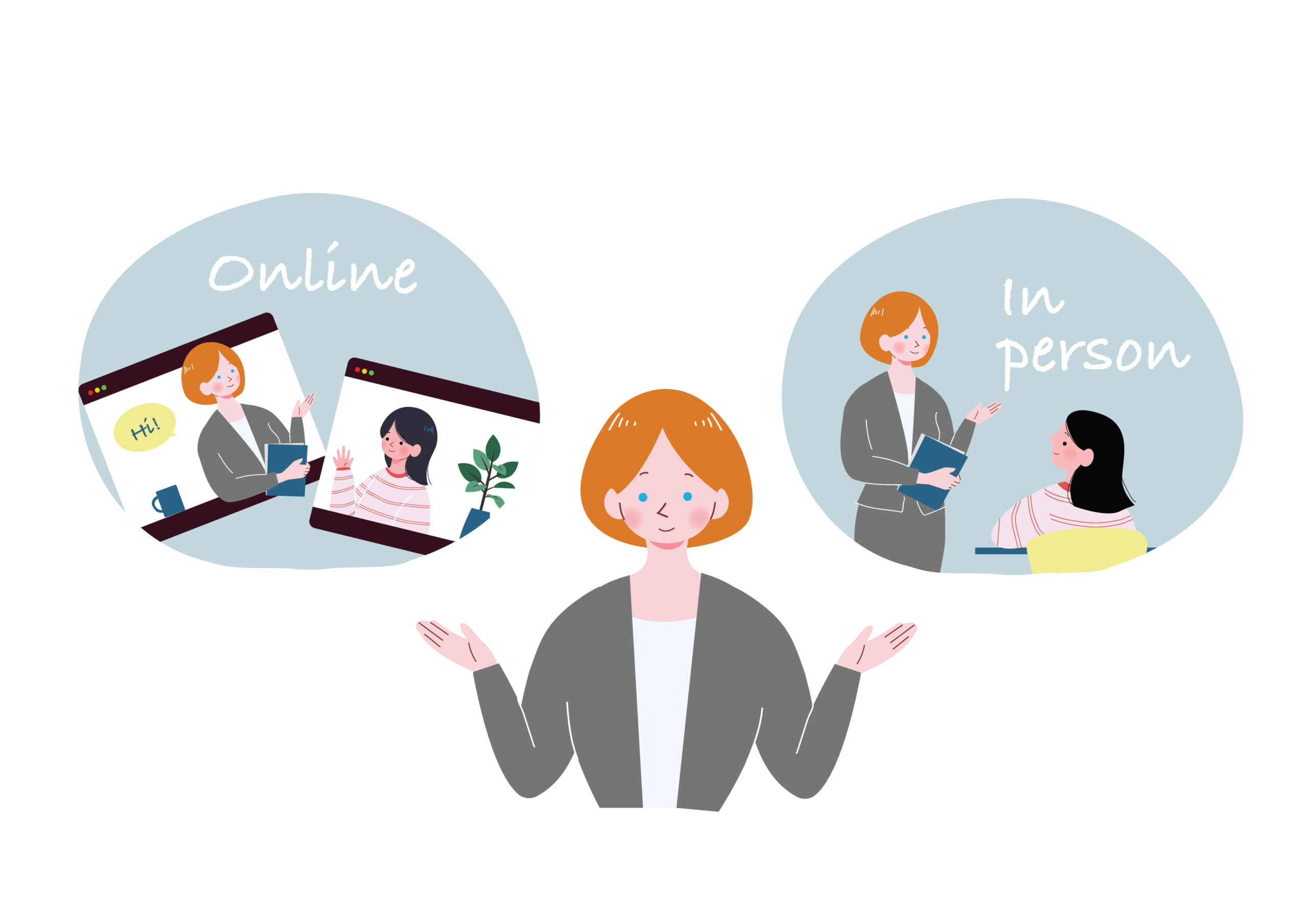eamesBot/Shutterstock
Making a career move requires intentional information gathering and skills building. In this article, we discuss strategies for those who are interested in reskilling or upskilling, especially for those who are in early- to mid-career space. We discuss the spectrum of experiential learning and provide suggestions for working professionals on how to navigate skills development through a range of experiences, from shallow to immersive, and resources typically available in your professional ecosystems.
Skills-Based Hiring Market: The Constant Need to Upskill and Reskill
In this current job market, skills-based hiring is on the rise as employers move away from solely relying on candidates’ education history. This recruitment approach allows hiring managers to prioritize a candidate’s capabilities. For instance, when hiring undergraduate students, employers are relying more heavily on internship experience when screening undergraduate applicants, rather than GPAs or majors. Job descriptions following this approach also place greater emphasis on specific skills needed for a role (i.e., Python programming), rather than requiring a traditional degree (i.e., computer science).
The trend in employers hiring based on skills required for certain jobs, in turn leads to an increase in the rising importance of upskilling or reskilling. Disruptions that come with the advancement of technology, such as AI, or the COVID-19 pandemic on a global scale, require both organizations and individuals to adapt. In the workforce, individuals will continue to engage in these two cycles: upskilling (building on existing skills to enhance your capacities within your current role or industry) and reskilling (learning new skills for a different job or industry).
For higher education professionals, one can use upskilling to become more efficient in their day-to-day tasks. While transferable skills are useful, you may find acquiring new skills necessary to address gaps in knowledge and experience. Understanding your motivation as an adult learner and tapping into the power and flexibility of experiential learning to reskill can help you establish a new set of competencies.
Experiential Learning for Working Professionals and Adult Learners
Experiential learning is most often discussed in the context of the student experience. Career development practitioners work to support students as they engage in internships, co-ops, study abroad, service learning, or one of the many other types of opportunities that fit under the experiential learning categorization.
So, what about higher education professionals looking to expand their skills? The motivation to pursue one’s own professional development is often not the issue for adult learners. In fact, adults are more likely to engage in self-directed learning, both as learners with strong motivation and self-concept to understand why learning something is critical. Many of us working in higher education have picked up new tools, techniques, and knowledge, and professional experience can serve as a strong foundation for skills development as full-time working professionals.
However, factors including time, energy, and bandwidth can often prevent professionals from engaging in learning activities. What does an experiential learning framework look like for someone who is no longer enrolled in school but still wishes to engage in this type of development?
To answer these questions, let us look at a cycle of experiential learning.
Step One: Consider your motivation for wanting to engage in experiential learning. Are you looking to grow in your current career path and need additional skills to take the next step? Or, are you looking to make a career change and need to develop new skills to align with the potential new job requirements? Perhaps you simply want to challenge yourself with no ultimate goal in mind.
Step Two: Identify skills or knowledge gaps you want to fill in pursuit of achieving your next goal. Whatever your motivations may be, having a clear vision for what you want to strengthen or develop is key when deciding to engage in experiential learning as a professional.
Step Three: Explore opportunities to engage in those skills. You may question whether or not this is possible within your current circumstances. Here are some strategies to maximize your time and effort:
Optimize your current work: Find opportunities within your current role to learn and practice new skills. This allows you to feel like you’re not extending yourself too far while also contributing to your current work. When possible, “double-dip” into projects that balance your expertise and growth opportunities to demonstrate the learning of new skills. Be strategic with your timing: If possible, choose times of the year that are less hectic in terms of your work schedule. Higher education has its typical ebb and flow, which can help you stay on top of your task list while reserving some downtime for reading, learning, and exploring. Utilize resources at your institution: One of the major benefits that come with working at a college or university is your proximity to a wide array of trainings, programs, certificates, or virtual learning platforms. Universities may also offer employees tuition discounts or remission for coursework. Research whether your institution offers such resources. Human resources, libraries, and IT are great places to start. In addition, people can be an invaluable resource as well. Make connections with possible mentors and collaborators who could help you in your journey to develop new skills. Seek additional venues when necessary: Volunteering is always a great way to engage yourself in altruistic environments while connecting with others, whether this is through serving on a committee at your institution or in a member-driven organization, or giving your time to a local non-profit that may not have the resources to hire a full-time employee to help with building a website. If you can demonstrate that you have the time and willingness to engage, learn, and deliver results, most volunteering opportunities are open to all skill levels. Hobbies are another way to reinvigorate your work and encourage skills development. Finally, memberships to national or regional professional associations often have discounted offerings for training and learning for their members.
Step Four: Reflect on the experience. This is a crucial step that you should not neglect. You may come away from an opportunity energized by how you have grown. Conversely, you may come to realize that whatever you chose is not something you want to pursue further. Both conclusions are productive for your own personal growth, and you can repeat the steps if necessary.
Conclusion
While we have provided some concrete ways you can engage in skills development and experiential learning while working full-time, this process in reality is more likely to be non-linear and you may find yourself going back and forth between the steps. We encourage you to stay true to your goals, assess the goals as you go, and reflect on how certain experiences may help you demonstrate new skills.

























